Legislative Council President Andrew Leung dismissed criticism of his leadership on Friday, saying he showed no favouritism and handled proceedings fairly during this year’s controversial bills.
At his annual end-of-session press conference, Leung said he was unfairly criticised and compared his experience to being a “punching bag.” He also credited Chief Executive Carrie Lam for improving the relationship between the executive and the legislative branches, and winning back the respect of some lawmakers.
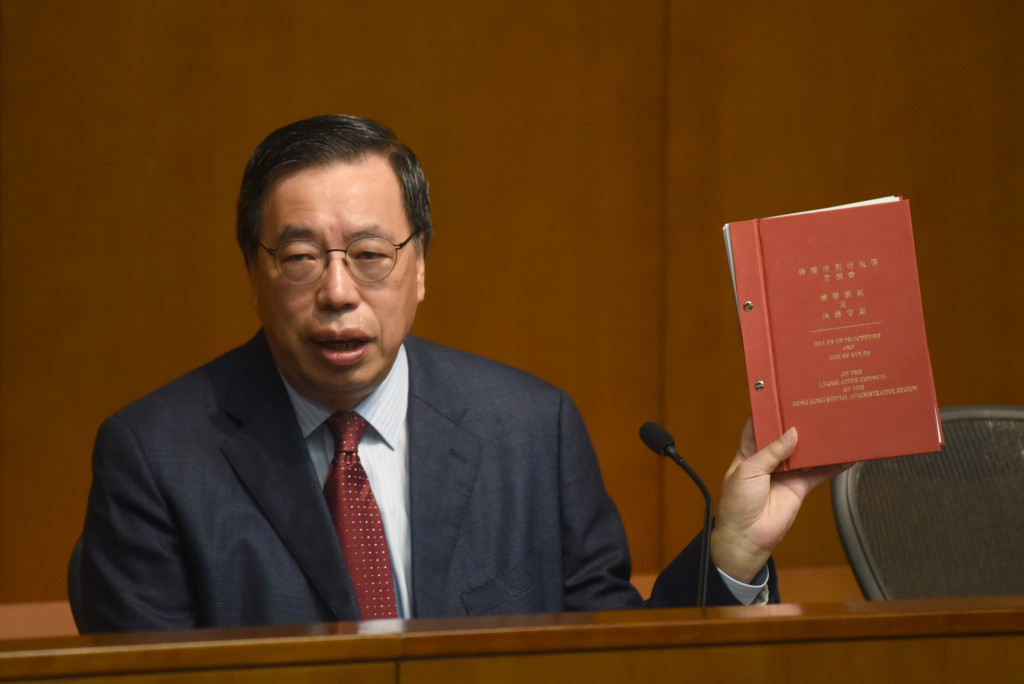
Twenty-seven bills were passed in the 2017 to 2018 legislative session, as opposed to only 12 bills the year before. The Legislative Council will convene again in October.
“Whether you like it or not, we have achieved a lot this year,” Leung said. “If you remember the first three months of the session, [it] was in chaos. We did achieve a lot in the five months after that.”
Failed no-confidence vote
Leung, of the pro-establishment Business and Professionals Alliance for Hong Kong, took office in October 2016 amid accusations of procedural irregularity. He quickly found himself at odds with the pro-democracy camp, with the latest example being the joint checkpoint bill in June.
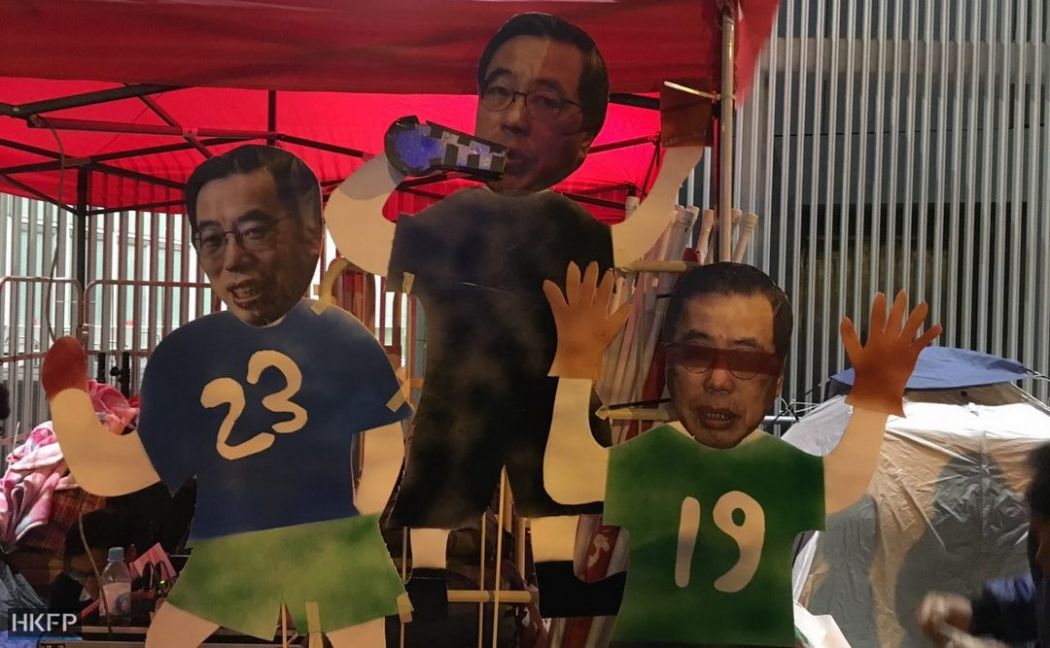
On Thursday, Leung was subject to a no-confidence vote initiated by pro-democracy lawmakers, who accused him of bending the rules so that the joint checkpoint bill could pass. The motion was opposed by a pro-establishment majority and failed 35 to 25.
Leung adopted a number of unprecedented tactics during the legislative process for the joint checkpoint bill, including a 36-hour time limit and the expulsion of multiple lawmakers.
At the time, lawmaker Lam Cheuk-ting called Leung the shame of the legislature. “It was against the Rules of Procedures – Andrew Leung was abusing his power,” Lam said.
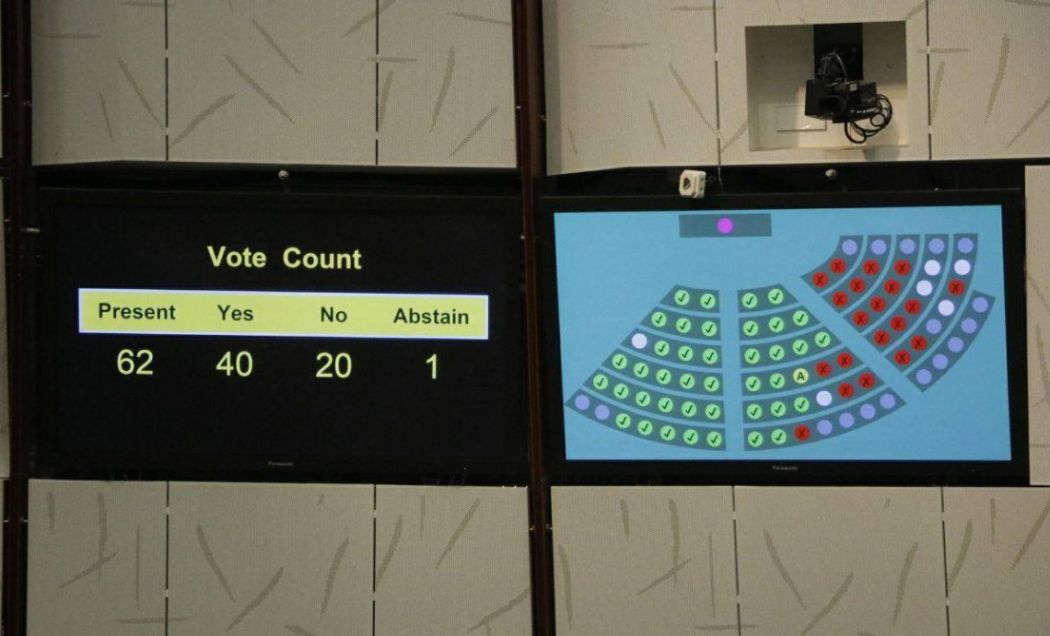
Leung defended his actions on Friday. “I rely on the Rules of Procedure and the Basic Law to carry out my duties. The [Legislative Council] Secretariat gives me many examples of what to do and what not to do… I do not give favourable treatment to any party,” he said.
Leung added that, if he had really made unfair decisions, he would have faced legal challenges.
Improving relationships
Chief Executive Carrie Lam has made regular appearances at the Legislative Council since assuming office in 2017. In the past year, she held 11 question-and-answer sessions of various lengths, where she addressed 139 queries from lawmakers.
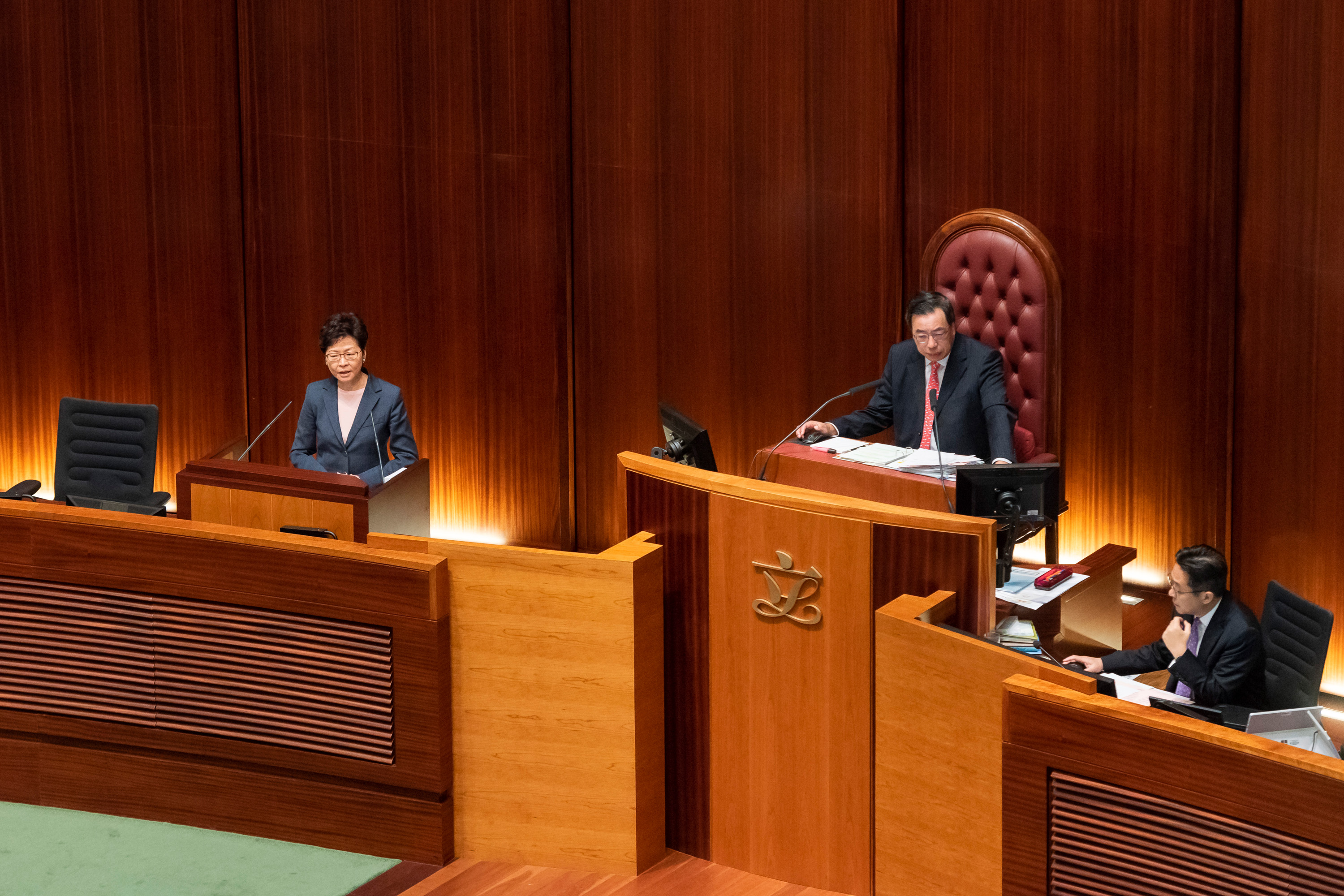
Leung said he was “extremely glad” that Lam succeeded in improving relationships with all camps in the legislature, and said that now there is a state of “mutual respect.”
Besides the chief executive, there was also an uptick in communication between the Legislative Council and the mainland Chinese administration, Leung said. Lawmakers have been invited to tour mainland facilities and meet with officials, and Leung said he hoped to see more cooperation in the future.
Leung’s conclusions were echoed by lawmakers Starry Lee and Dennis Kwok, the chairman and deputy chairman of the legislature’s House Committee – a key committee responsible for the preparation of bills. Speaking earlier in the week, Lee and Kwok said they observed a better working relationship between the executive and legislative branch.
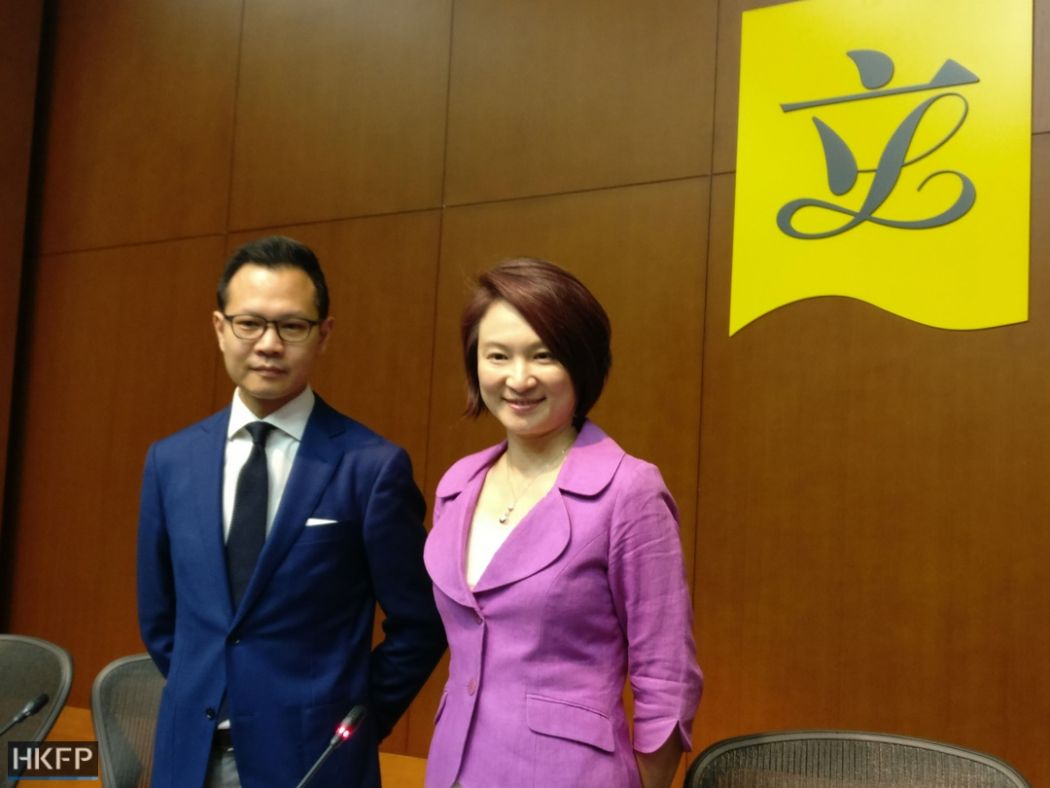
“It’s true the past year was better than the era of [former chief executive] Leung Chun-ying, but nothing could be worse than the CY Leung years,” Kwok said. “I hope Carrie Lam will listen more when she appears in front of the Legislative Council, instead of treating it as an opportunity to show off.”
